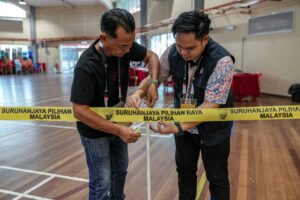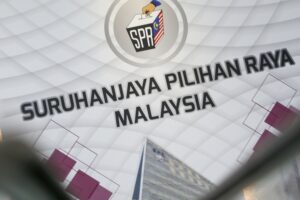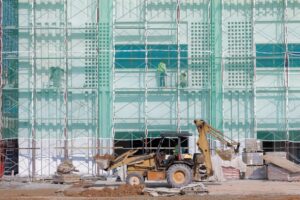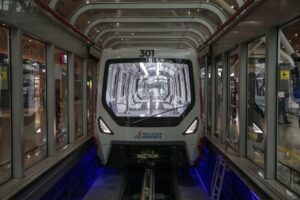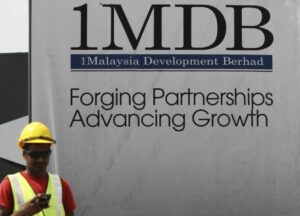KOTA KINABALU, Nov 15 — As Sabah heads into another fiercely contested state election with nominations today, the mood on the ground is less of excitement than fatigue, frustration and confusion.
“When speaking to voters, I hear two sentiments often,” said one political researcher. “Confusion over who’s allied with whom, or frustrations that ‘they’re all the same.’”
That mix of apathy and uncertainty underscores what is shaping up to be one of Sabah’s most unpredictable elections yet — one that will see shifting loyalties, old rivalries, and the enduring “Sabah for Sabahans” sentiment.
Multi-cornered fights and confusing alliances
The ballot papers will be crowded, with over a dozen parties in the fray.
Sabahans can expect multi-cornered contests across all seats starting with four to five candidates up to 12 in the hot seats.
From established coalitions like Gabungan Rakyat Sabah (GRS) and Barisan Nasional (BN) to Pakatan Harapan (PH) and local parties such as Parti Warisan, STAR, Upko, and PKDM, every every political faction and candidate is claiming to represent the state’s best interests.
The challenge for voters is sorting out the shifting alliances.
Victorious allies in the previous 2020 elections, GRS and BN are now bitter rivals following the 2023 “Kinabalu Move”, which saw Umno‘s attempt to topple sitting chief minister Datuk Seri Hajiji Noor.
GRS and their new partner PH is now determined to hold onto power, while BN is fighting tooth and nail to return to power.
Between them sits PH, particularly PKR, which is seeking to expand its footprint in Sabah. Prime Minister Datuk Seri Anwar Ibrahim has made his interest in Sabah clear and is now strategically positioned to weigh whichever bloc is most beneficial.
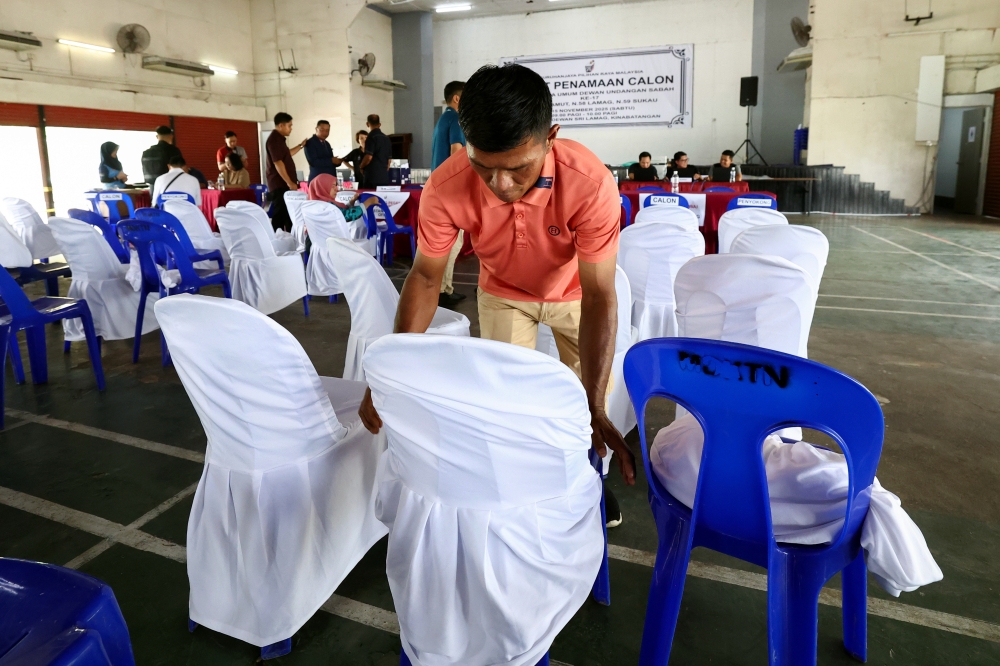
Election Commission personnel make final preparations for the Kuamut, Lamag and Sukau nominations at Dewan Sri Lamag, Kinabatangan yesterday. — Bernama pic
Another test for Sabahan sentiment and the 40 per cent dues
Beyond party lines, this election is also seen as a referendum on local identity — whether the “Sabah for Sabahans” sentiment still carries weight among an electorate weary of federal intervention and broken promises.
Parties like Warisan, STAR, SAPP have been championing this cause, arguing for greater autonomy and a stronger local voice.
In the more rural areas, sentiment is less important than bread and butter issues—electricity and running water are still not accessible, much less education, health and transportation facilities. The heat has been turned up on the government as the problem is now evident even in urban areas.
The question on people’s minds is that if the state had been accorded its rights to 40 per cent of revenue derived from the state since 1974 when the federal government stopped paying it, it might not be in the same dire straits.
It is more than likely that even though the federal Attorney-General Chambers (AGC) has decided not to appeal a recent court ruling last month compelling the government to fast track its dues, the matter will continue to be a thorn in the federal government’s side.
The youth factor
More than half of Sabah’s eligible voters are under 40, while about seven per cent are first-time voters aged 18 to 20 years. Some seats have up to 70 per cent of voters aged under 40 years.
The parties’ candidate choice, messaging and narratives and campaigning methods will determine whether they can appeal to the new generation.
Urban and educated youth are increasingly vocal about issues like cost of living, job opportunities, and the failure of basic services while in contrast, rural and interior voters may tie their votes to resource distribution, development aid, and personal ties to local leaders.
Ethnic divides and voting patterns
Sabah’s diverse demographics will influence, to a certain extent, their voting pattern.
The Chinese community which are mostly concentrated in urban and semi urban seats like Luyang, Likas, Api Api, Elopura, Tanjung Papat, and Sri Tanjung make up some 15 to 20 per cent of voters.
There are signs of a swing from DAP perhaps to Warisan, owing to frustrations with water and electricity supply and rising cost of living.
The Kadazandusun Murut (KDM) community, mostly found in the interior districts like Penampang, Tuaran, Keningau and Kota Marudu will be spoilt for choice between PBS/GRS, STAR, UPKO, and also PKDM.
On the east coast, Bugis and Suluk voters have become emerging swing blocs, while other Muslim-majority seats, once largely dominated by Umno, are now battlegrounds between GRS and BN.
No single group appears unified — and that fragmentation could lead to tight races across multiple constituencies.
Money, machinery and personality
Despite the complex web of party logos and pacts, personality and local networks still matter more than ideology in Sabah.
“Money and power aren’t everything,” said a local political observer. “Voters care about who they can reach, who attends their family events, who helps fix their roads and who helped clean up when it flooded. Connection matters.”
That personal touch may yet determine who wins or loses, especially in closely fought seats where party machinery alone cannot carry the day.
“Every seat is different, and every vote matters.”
The stakes
For GRS which has the advantage, this election is about continuity and survival. For BN, it is a comeback fight. For national parties like PH, it’s a chance to stake a long-term foothold in Sabah and set up for the next general election (GE16).
For local parties like STAR and Warisan it’s a test of whether the call for greater autonomy is a struggle that resonates with voters.
For Sabahans it’s another election where leaders can fulfil their promises and truly better their lives,
In a state long known for its fluid loyalties and fast-changing alliances, one thing seems certain: Sabah’s election will be crowded, contentious, and unpredictable.

